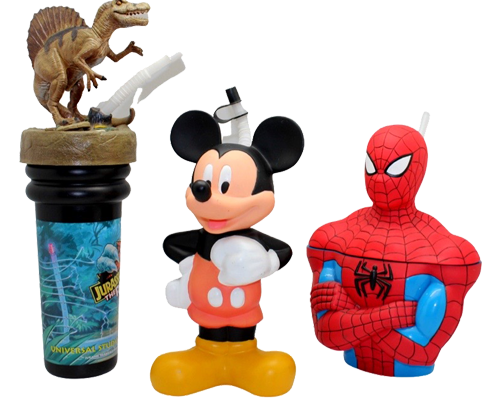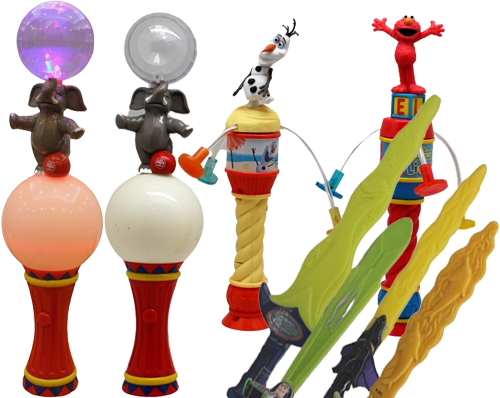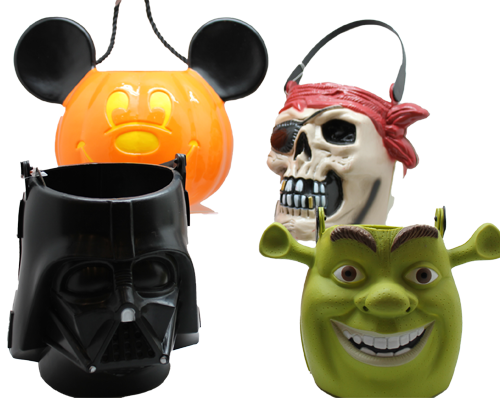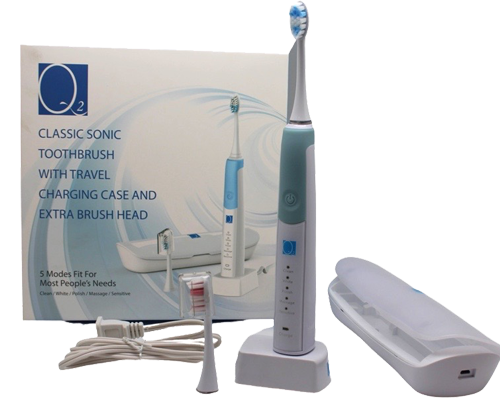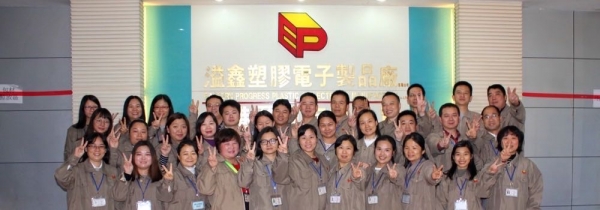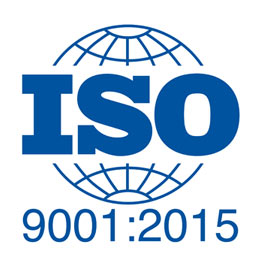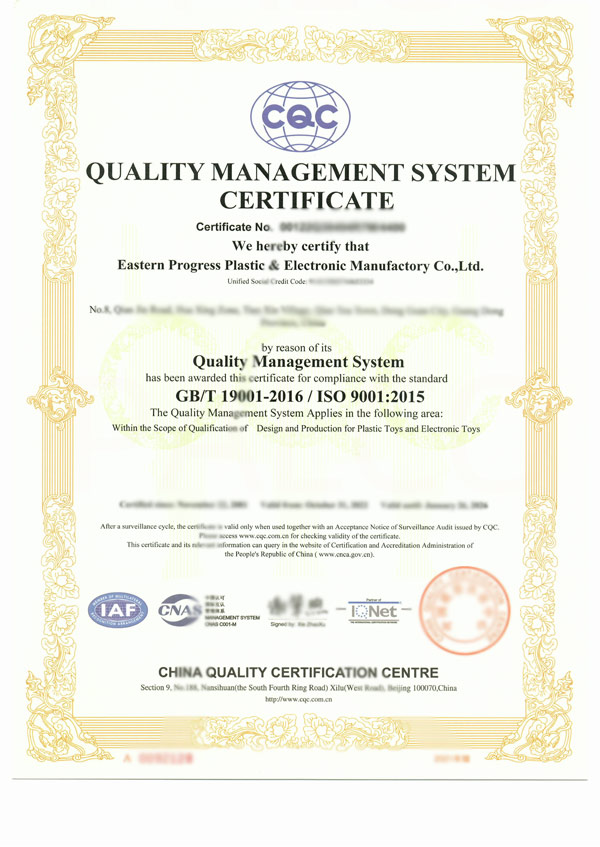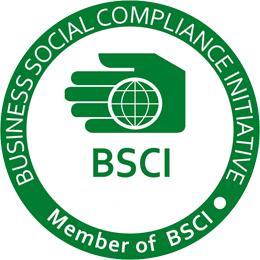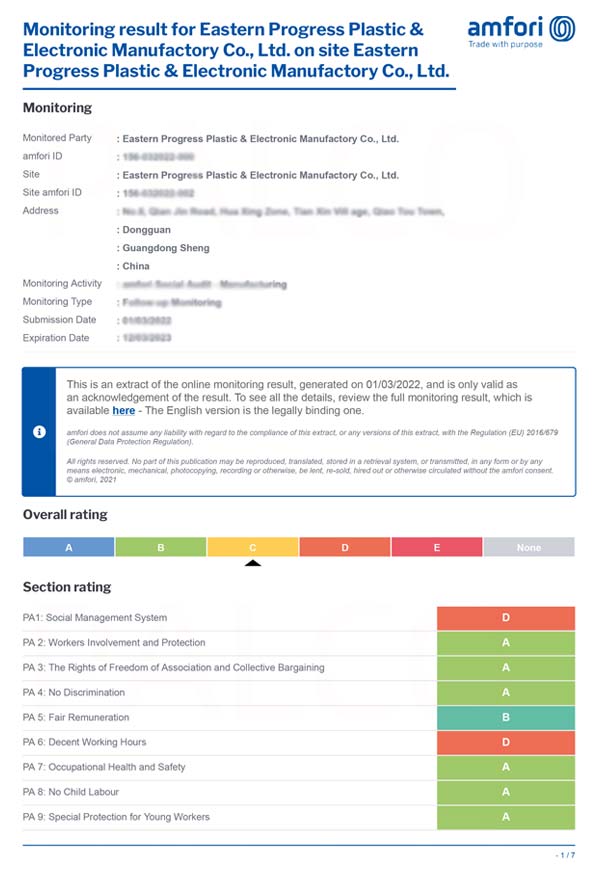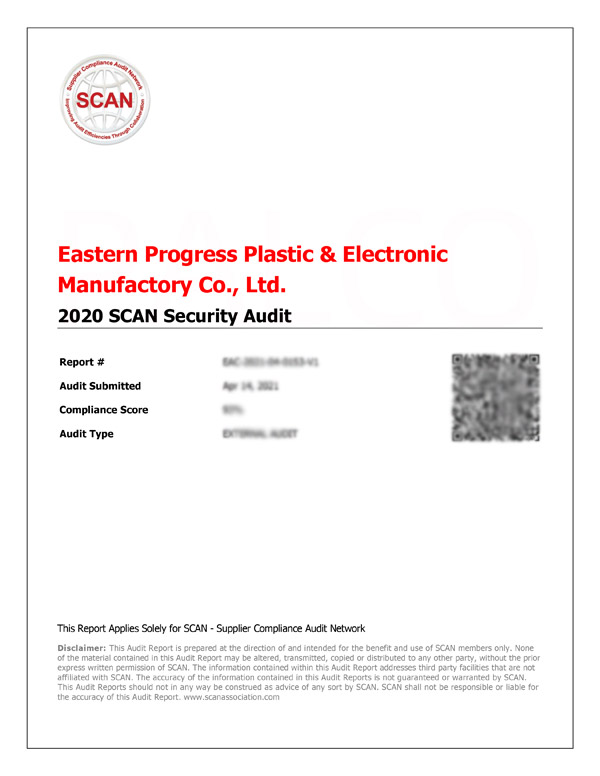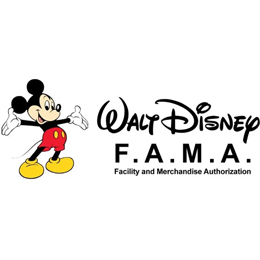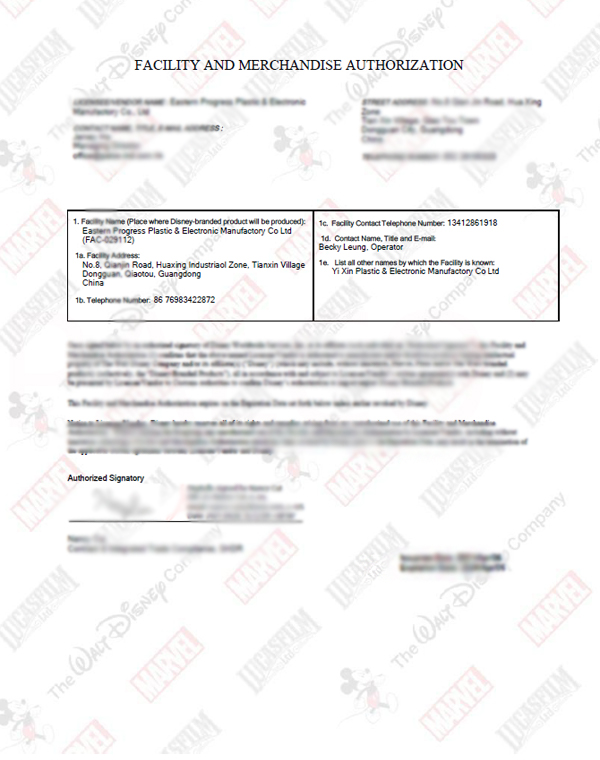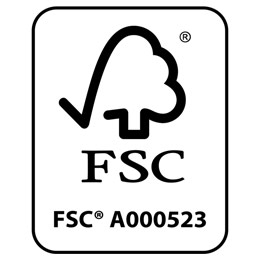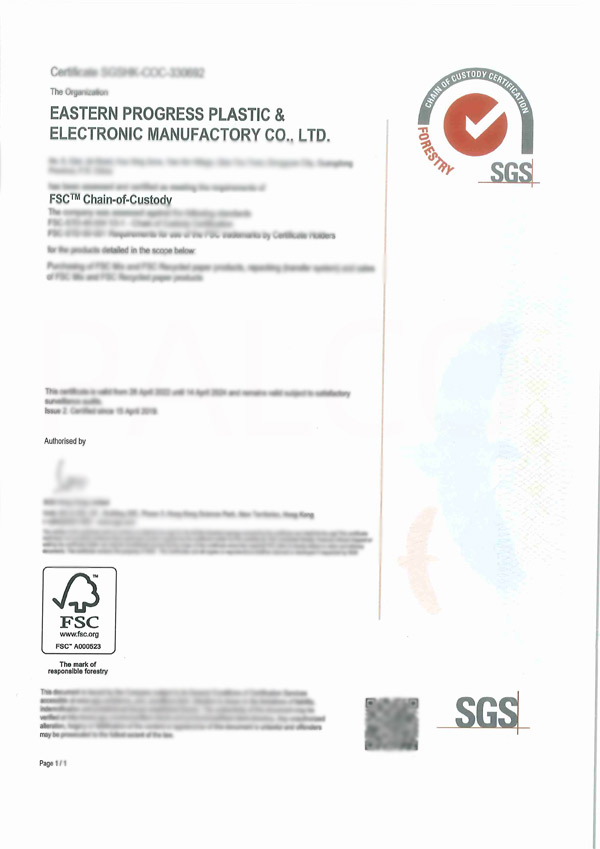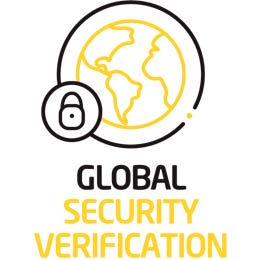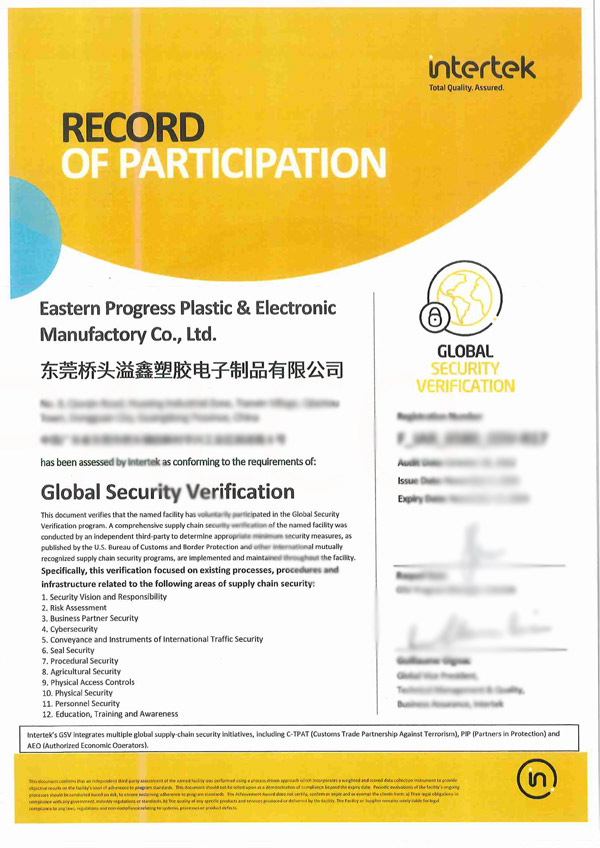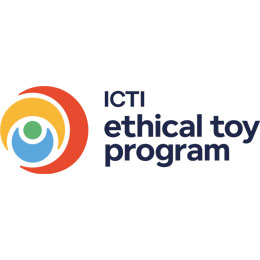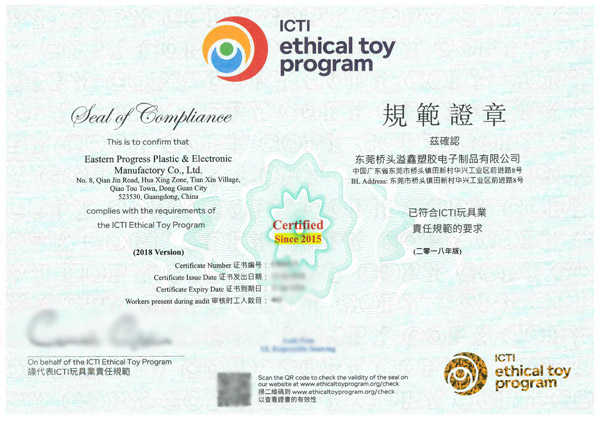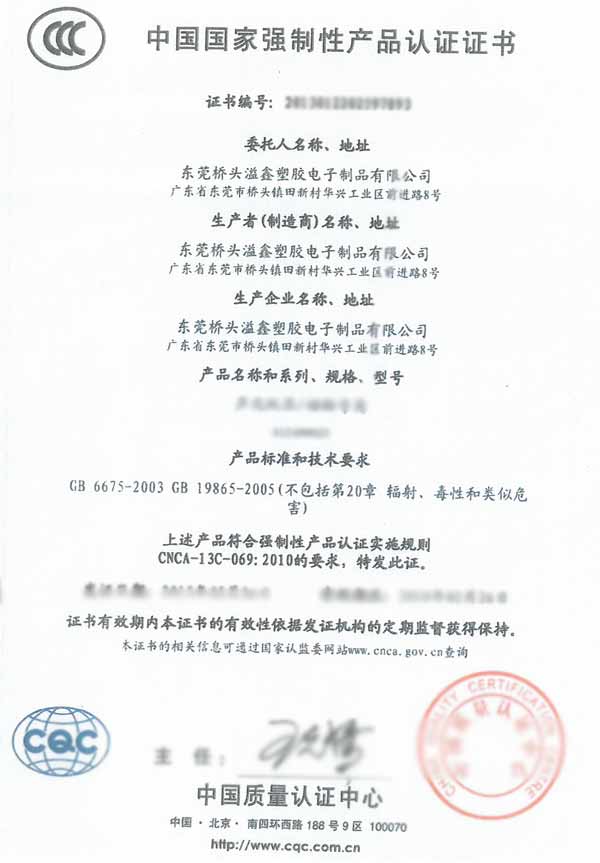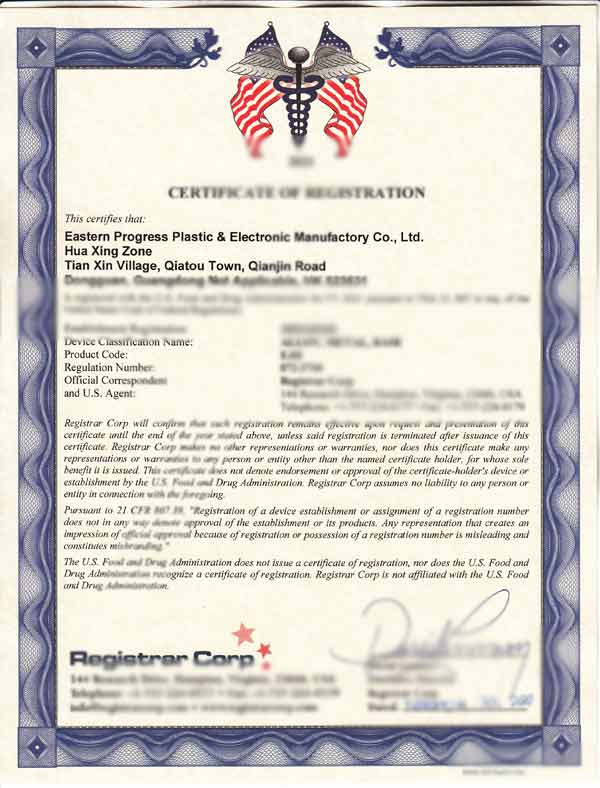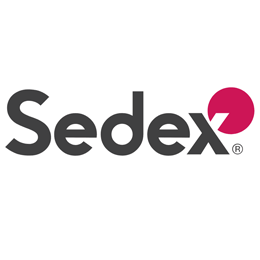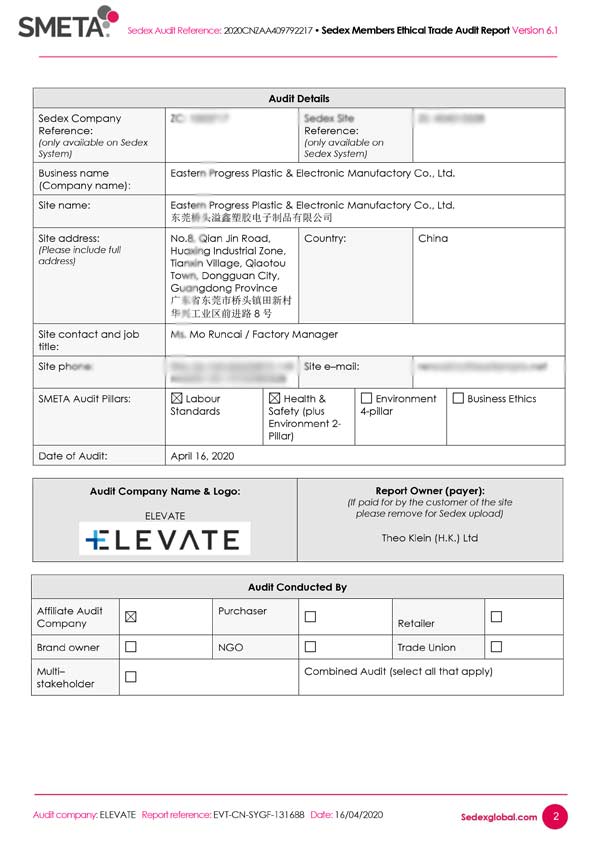Strong relationships and a reliable supply chain with suppliers
Palco's suppliers are carefully selected based on their ability to meet our high standards for quality, reliability, and ethical business practices. We work closely with them to understand their capabilities and processes and to develop a mutual understanding of our needs and expectations. This allows us to make informed decisions about sourcing and to work collaboratively to optimize our supply chain.
We believe that strong supplier relationships are not only essential for ensuring the quality and reliability of our products but also for driving innovation and continuous improvement. By working closely with our suppliers, we are able to identify opportunities for process improvements, cost savings, and new product development.
Ultimately, our goal is to build long-term partnerships with our suppliers that are based on mutual benefit and shared success. We believe that this approach creates a win-win situation for both our company and our suppliers, and we are committed to investing in these relationships to ensure our continued success.

